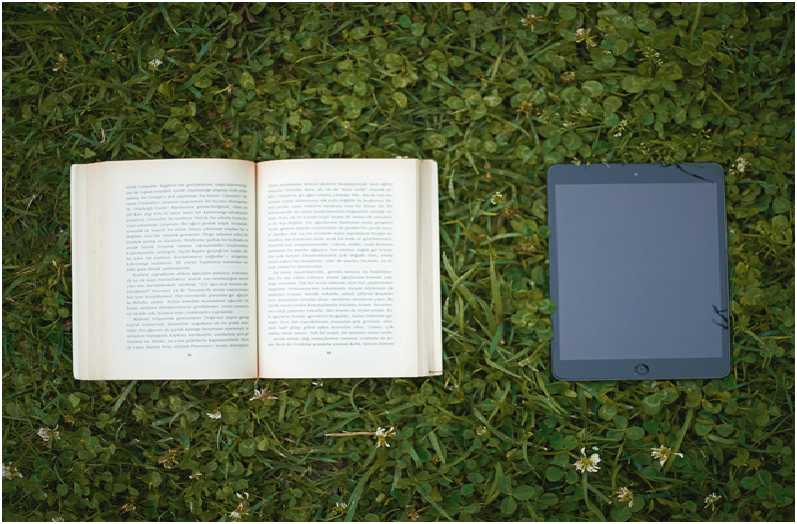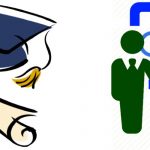
Top Digital Transformation Trends In Education
Recently, the entire progressive public has been concerned about the organization of education, its modernization, the formation of new life attitudes of the individual. The learning process should ensure the possibility of obtaining reliable, necessary and durable knowledge, providing help for students on which is the foundation of a competent person.
- Class discussion. Of course, it is conducted by the teacher or the lecturer and it is a perfect idea to help student open up to the mates, develop own thoughts and try to be more communicative and self-confident.
- Discussion groups. These groups of students can be created by connection mates who are sitting by each other or behind one another, but much more interesting will be to connect people who are far from each other to create new acquaintances and maybe even friendships.
- Student report. His statement is based on the translation of a pre-prepared thesis report, which should demonstrate its high level of theoretical training, erudition and the ability to outline the main scientific results of the study.
- Forum. Create a website where students can easily communicate with each other on educational and scientific topics.
- Choral speaking. When something is repeated several times, it will be remembered better, especially when it is done together with friends.
- The best way to make the use of statements and your new knowledge is to start arguing and making statements on a particular topic.
- Fascinating way of learning new words. What can be better than trying to guess something interesting?
- Library research. When students are looking for something in the book by themselves, they will remember those things forever.
- Flash Do you know grammar well? Read books? But are you distracted by looking for a translation of words? Student Cards will help you increase your vocabulary in a new language by 500 words!
- Mobile phones. Nowadays students are so interested in technologies, it will be great for them to use devices for studying.
- Listen to foreign songs to improve your skills in a foreign language.
- Individual project. A student can choose an interesting topic for him and the work will become a pleasure, a lot of new things are going to be discovered.
- Draw a map by yourself. The perfect way to learn geography, bright and colorful map painted by yourself will help you remember all the countries and their peculiarities.
- Prepare an exhibition. Show other students what you have learned. It will be interesting not only for them but for you too, as you will learn how to create something by yourself.
- Study local history. You will not only learn history but also gain some communication skills by interaction with locals.
- Exchanging things. Find yourself a friend who is good at different subjects from you and exchange your thoughts and knowledge.
- Reading Aloud. It is useful as we see and hear information at the same time, so two types of memory are engaged.
- You should revise what you have heard on the lecture and read in the textbook. The workbook is a perfect variant of doing that.
- Conduct a quiz between your groupmates based on their current knowledge of a particular subject.
- Watch TV. Of course, it is not healthy and extremely useful to watch TV, but it is a perfect way to be aware of the political and economic situation in your country.
- For young children, it is best to memorize something by playing games.
- Computer presentation. The lecturer can use presentation with slides for students to see what he is talking about.
- Try to be a tutor for someone else and you will see that your own knowledge is improving.
- Put your ideas into the photos.
- Prepare editorial for the school newspaper.
- Share your trip experience and your communication skills will boost.
- Make reproductions of famous states-of-arts.
- Use the dramatization, skits and plays to describe some historical events.
- Ask your teachers and parents to broaden your horizons a lot.
- Read assignments in journals, monographs or supplementary books.
- Trace back in history. Learn some dances of different epochs.
- Try to cook something that is typical for particular places or historical periods.
- Research paper. Write the required paper and due to the research, your skills will level up.
- Be interested in what is done by somebody else. Read the reports on published research studies and experiments by students.
- Mobile applications. There is a wide range of modern apps which were created especially for students to help them conduct learning.
- Make notes and the possibility to forget something written by your hand will be minor.
- Make posters of other students and their experience.
- Old methods. Use of a chalkboard by the instructor would be a great aid in teaching.
- More motion. Use the motion pictured, theater pictures, educational films, videotapes.
- Role-playing. Use different historical personalities or characters from books and try to become themselves for a while, you will see that you start to understand the book far better.
- Help with geography. Use maps, transparencies, and globes.
- Greeting using only eyes. Say hello to everyone. But say hello not with words, but silently with your eyes.
- What is in my heart. Students get paper hearts and write there their mood.
- Class projects. Doing something together will make you communicate and gain new friend as a common affair always connects people.
- Essay Writing Method. Writing in order to understand what I think.
- Emphasis on the teacher’s educational activities, for productive educational, cognitive, labor, artistic, and other student activities.
- Using the transition from reproduction to understanding.
- The transformation of the position of a teacher and the position of a student into personality-equal.
- Creative focus on the educational process. This allows the student to experience the joys of awareness of their own growth and development.
- Making education more humanitarian. It is designed to shape the spirituality, the culture of the individual, planetary thinking, a complete picture of the world.


